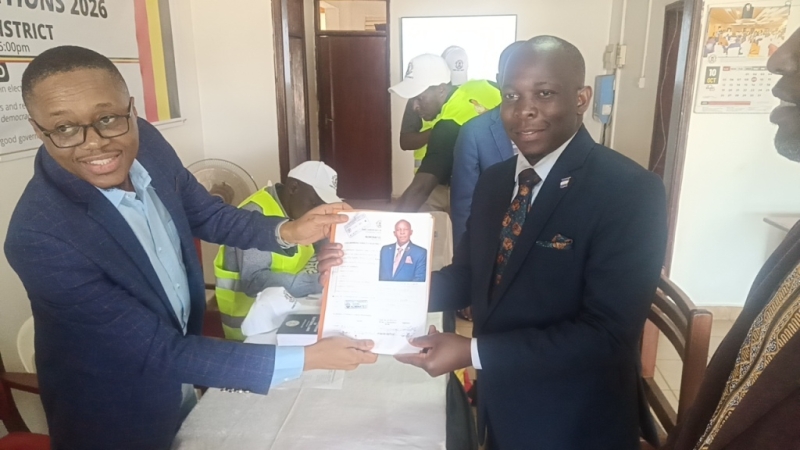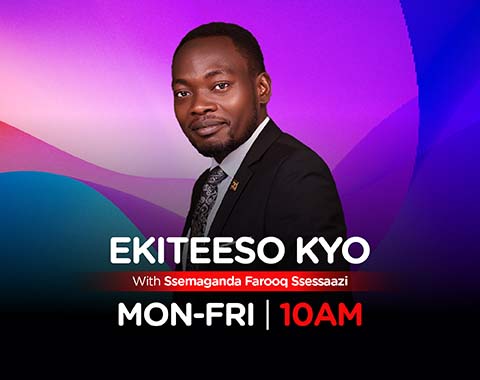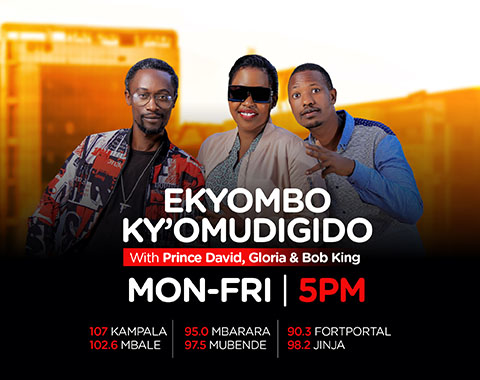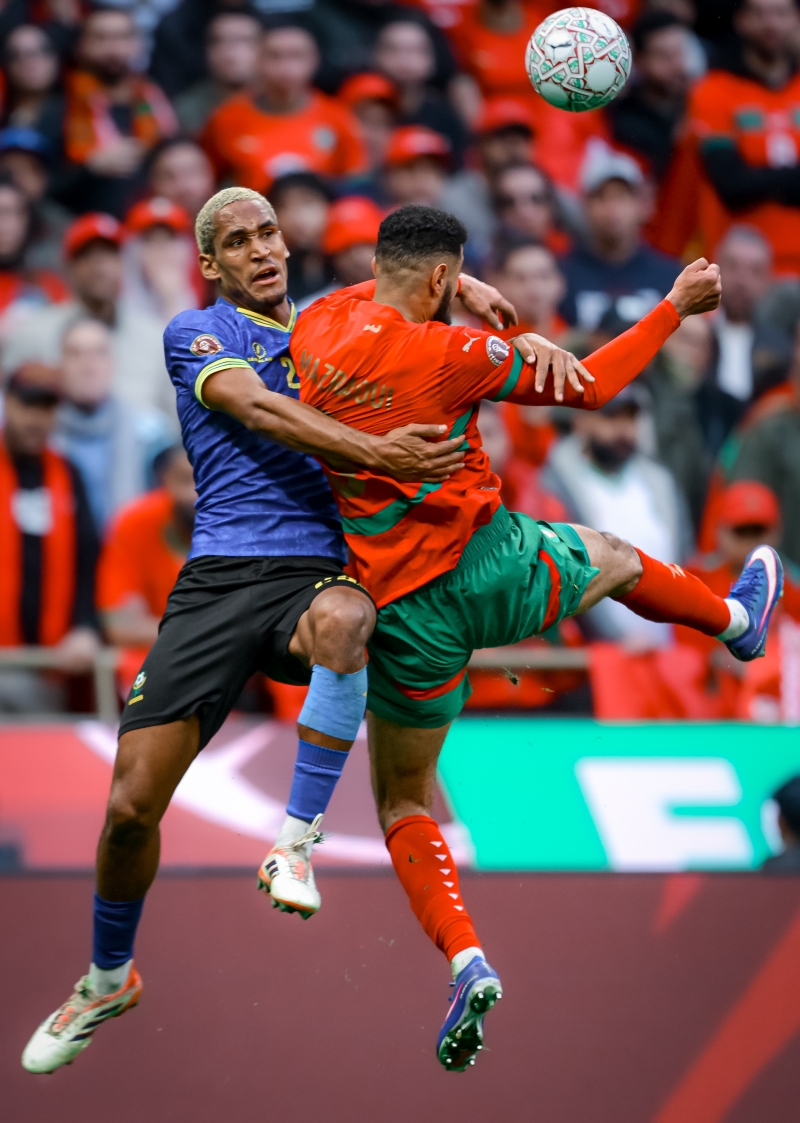Mawanda Allan has officially joined the race for Member of Parliament representing Mukono Municipality, pledging to usher in a new brand of leadership rooted in unity, service delivery, and honest dialogue rather than confrontation.
Speaking shortly after his nomination, Mawanda expressed deep gratitude to his supporters, nominators, and mentors who have walked with him throughout his political journey.
Having served at local levels as a councillor, speaker, and spokesperson of speakers in Buganda, he believes he brings tested leadership and a fresh perspective to Mukono’s political landscape.
Mawanda, who identifies as an opposition activist, emphasised that his brand of opposition is not one of antagonism but solution-oriented engagement.
He insists that while the current government may not align with his political ideology, the people of Mukono deserve access to services funded by their taxes.
Mawanda’s message carried a strong tone of generational renewal, as he challenged long-serving politicians who have held leadership positions for decades to pave the way for new ideas.
Drawing inspiration from celebrated legislators like Medard Sseggona and Mathias Mpuuga, Mawanda said he aims to emulate their intellectual leadership, legislative courage, and community-centred politics.
Mawanda outlined several key priorities for Mukono Municipality, focusing on infrastructure, youth empowerment, and transparency in service delivery.
He particularly criticised the neglect of major infrastructure projects, including roads that have remained in government budgets for years without progress.
He pledged to advocate for road rehabilitation, improved street lighting, and the construction of central markets to boost local commerce. Programs like USIMID and MATIP, he said, should be implemented efficiently to transform Mukono’s urban image.
A self-described youthful and approachable leader, Mawanda expressed concern that many politicians remain distant from the younger population once elections end.
He promised to make youth inclusion a pillar of his leadership, arguing that Mukono’s progress depends on tapping the energy, creativity, and innovation of its young people.
In a pointed critique of Uganda’s political stagnation, Mawanda dismissed what he termed as “politics of deception,” where leaders run on anti-Museveni rhetoric without tangible plans for their constituencies.
With confidence in his experience and youthful vigour, Mawanda declared himself ready to bring vibrancy to Parliament.
As Mukono heads into a competitive parliamentary race, Mawanda’s message of unity, renewal, and pragmatic opposition positions him as a contender aiming to redefine what leadership means in the fast-growing municipality.













